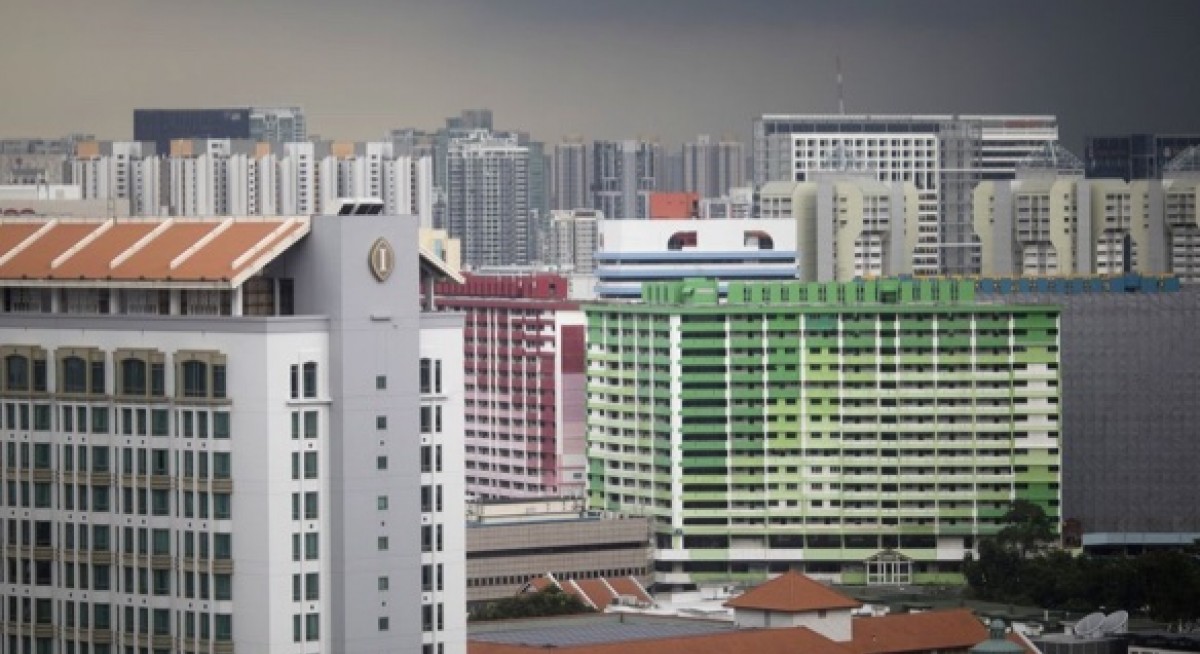Tay points out that the bulk of HDB flats were built during or before the 1990s, which means they are three decades old and therefore approaching the halfway mark of the 99-year tenure. Recently, the government has made it clear that there is no guaranteed extension when this time frame is reached eventually.
Currently, some of these flats are put through so-called “en bloc” exercise, where the government will buy back the old flats and give the owners a choice to pick a unit in the new development which comes with a fresh 99-year lease.
“But the problem is that demand is not going to be strong, as immigration has slowed and a lot of us are not having enough kids,” says Tay, alluding to the deceleration in population growth that has helped support property prices all this while.
The private residential market, which houses 20% of the population, is facing its own set of challenges.
Tay notes that interest rates, pegged to the Sibor, in turn, closely tacked to the US Fed fund dates, have gone up and borrowers need to pay higher financing charges.
“Go to the showflats now, they are actually quite empty. The measures are starting to bite, especially if you are buying a second property,” says Tay, referring to the July 2018 round of cooling measures where private property owners are to pay higher stamp duties for their second unit.
In addition, rental rates have stabilised and not increased as fast as property prices. That is translating to very thin yields for landlords betting on collecting rental income to fund their second property.
Foreign buyers are also discouraged from coming in as under current rules, forced to stump up as much as 20% of the property’s purchase price in the form of extra duties.
That means $400,000 for a $2 million unit. The same $400,000 can be used to fully pay a prime luxury unit facing the Chao Phraya River in Bangkok, says Tay.
Similarly, because of Brexit woes, the British pound has depreciated. This makes London properties – which has scant regulations on foreign ownership – even more attractive. A similar currency boost is also happening in other popular cities such as Melbourne and Sydney.
“There’s no real impetus to put money in the physical market,” says Tay.
Read also:



